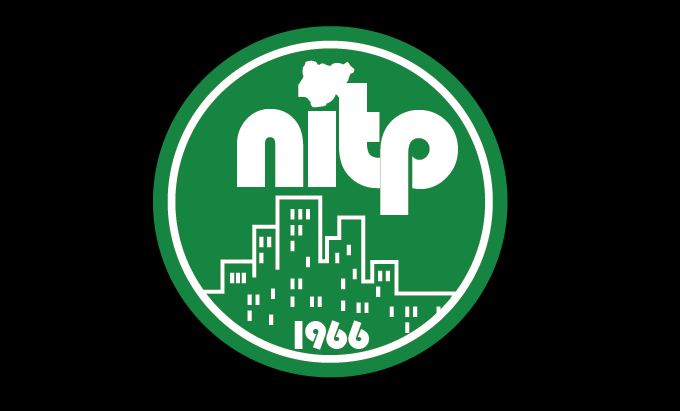[ad_1]
The Nigerian Institute of Town Planners (NITP) has commended the Federal Government for approving the revised National Urban Development Policy (NUDP), describing it as a timely response to Nigeria’s growing urban challenges.
The revised policy, crafted by the Federal Ministry of Housing and Urban Development in collaboration with the United Nations Human Settlements Programme (UN-Habitat) and other stakeholders, replaces the previous 2012 edition. It outlines a transformative 10-year framework aimed at guiding sustainable urban planning and governance across the country.
SPONSOR AD
Speaking in Abuja, NITP President, Dr Chime Ogbonna, welcomed the development as a critical step toward giving more focused attention to urban development within the ministry.
He also called on the ministry to lay the groundwork for the establishment of the long-awaited National Urban and Regional Planning Commission, as provided for in the Nigerian Urban and Regional Planning Law of 1992 (Cap 138, Laws of the Federation of Nigeria, 2004), which remains unimplemented more than three decades after its enactment.
The institute pledged its support in helping the ministry achieve the goals outlined in the new urban policy, stressing the importance of collaboration for the benefit of all Nigerians.
“Nigeria is urbanising at a rapid rate. With over 70 percent of the population projected to live in cities by 2050, there is an urgent need for integrated and inclusive planning,” Dr Ogbonna said.
The revised policy marks a shift from fragmented and reactive planning towards proactive and inclusive urban management. It promotes stronger urban governance, the creation of metropolitan and regional planning bodies, and more coherent coordination among Nigeria’s cities, especially those that span state boundaries.
It also emphasises the need for a decentralised approach to urban management and better coordination between federal, state, and local governments.
The NUDP includes a strong social inclusion component, advocating for urban design that supports vulnerable populations—including women, youth, persons with disabilities, and those in the informal sector. It aims to improve access to housing, infrastructure, public spaces, and essential services for all urban residents.
Climate resilience is another cornerstone of the policy. With Nigeria facing increasing risks from flooding, desertification, and extreme weather, the policy encourages cities to adopt climate-responsive planning and infrastructure development.
The institute noted that the successful implementation of the NUDP would depend on political will, institutional capacity, and sustained public participation.
Do you want to share a story with us? Do you want to advertise with us? Do you need publicity for a product, service, or event? Contact us on WhatsApp +2348183319097 Email: platformtimes@gmail.com
We are committed to impactful investigative journalism for human interest and social justice. Your donation will help us tell more stories. Kindly donate any amount HERE




